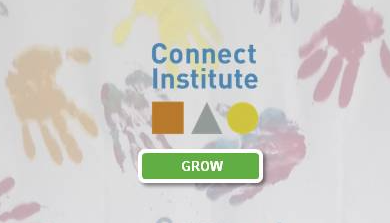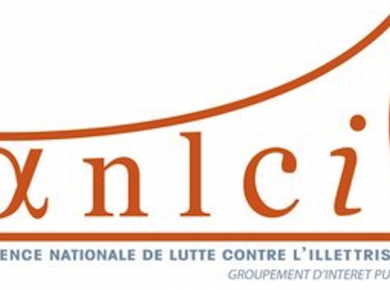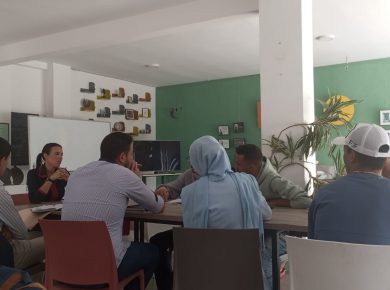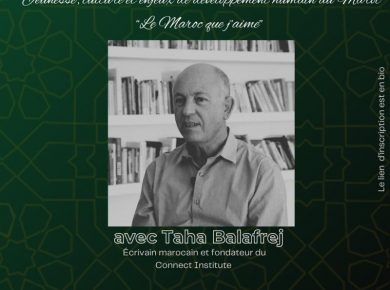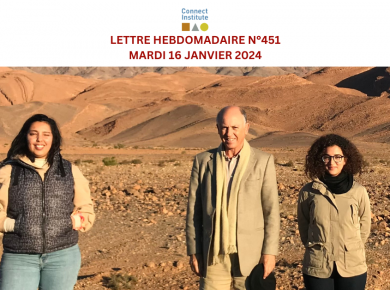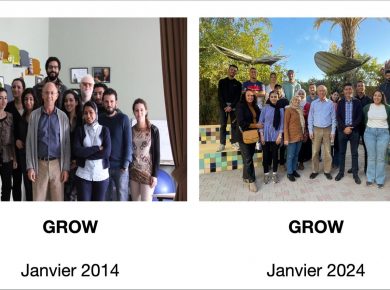Cette semaine, les participants MAHIR ont été invités à travailler sur un exercice de rédaction propos d’un extrait du livre Enlightenment Now de Steven Pinker.
Voici le texte de Kamal Ettaamari, 24 ans :
Deep down in the rooms of Harvard University works one of the world’s most influential writers on the nature of language and the human mind — a psychology professor named Steven Pinker. He is a researcher on language and cognition and is also an author of many books, such as The Language Instinct, How the Mind Works, The Blank Slate, The Stuff of Thought and more. He also writes for big publications such as the New York Times and The Atlantic.
His latest book, Enlightenment, shows that knowledge, life, health, safety, peace and happiness are rising worldwide. All this is a gift of the Enlightenment rather than just a cosmic force. And the more we nourish this gift, the more we can flourish.
The first chapter of the book is titled « Dare To Understand ». This is the motto of The Enlightenment that is based on increasing our knowledge, freedom of thought and speech. If I translated or tried to understand this motto without knowing the context behind it, I would say that it is like a game. It’s like when you dare someone to guess something or understand something from a few hints. But also as my experience with the “Connect Institute” ecosystem, I would say it is a challenge, like all the challenges we do in life. But here, it is a challenge related to knowledge. To think and understand the world through its culture, fiction, science, politics and morals. Do we have what it takes to be up to the challenge and dare to reach greatness in society, in oneself.
In Morocco, we know that the system we follow is failing, we also know that whoever dares to understand is evil, so that’s why we don’t. That’s why we are always behind and weak in all that is scientific, political and surprisingly moral. We do not criticise our behaviours, our government and try to fix our mistakes the right way. We also put obstacles in our way and blame others for our misery. When someone is trying to question, to ask what is the problem, why this country is in complete ignorance and chaos, the old saying comes out
« خلي داك جمل راكد », keep that camel sleeping. We keep our problems and weaknesses “Under” rather than “Stand” and solve them.
Just like Yuval Harari, Pinker also has lessons or a list of musts that people should have for a better education, leading to a better society. He gave us thirteen. And as far as I know, here in Morocco we are doing exactly what the thirteen musts are saying, just not in our public schools or anywhere else besides. Again from my experience, I have found these musts and more in the ecosystem of Connect Institute and MAHIR. And I am not defending it, just because I was part of it but because I didn’t find it anywhere else. Because no else dared to do it? Dared to understand?
There is always the easy way and the hard way for enlightenment in our country. The easy solution is to adapt these musts and ecosystems to the educational system, and the hard solution is to adapt these musts and ecosystems to the educational system and actually do them.


